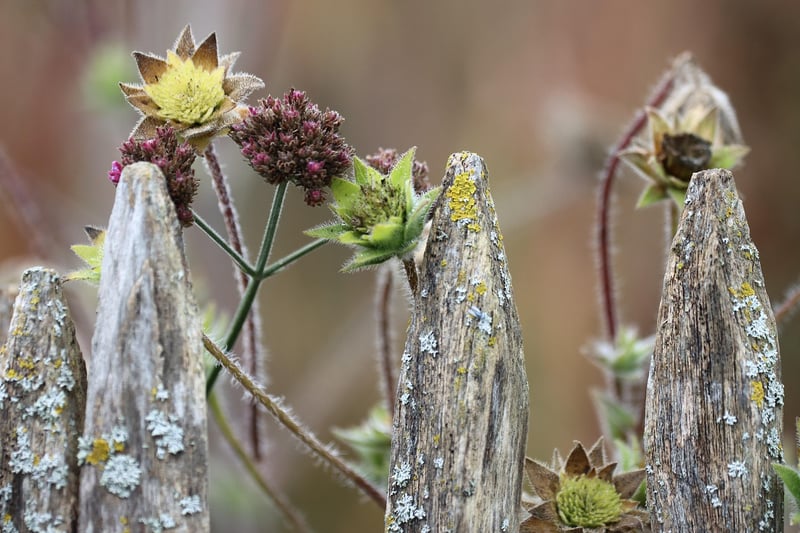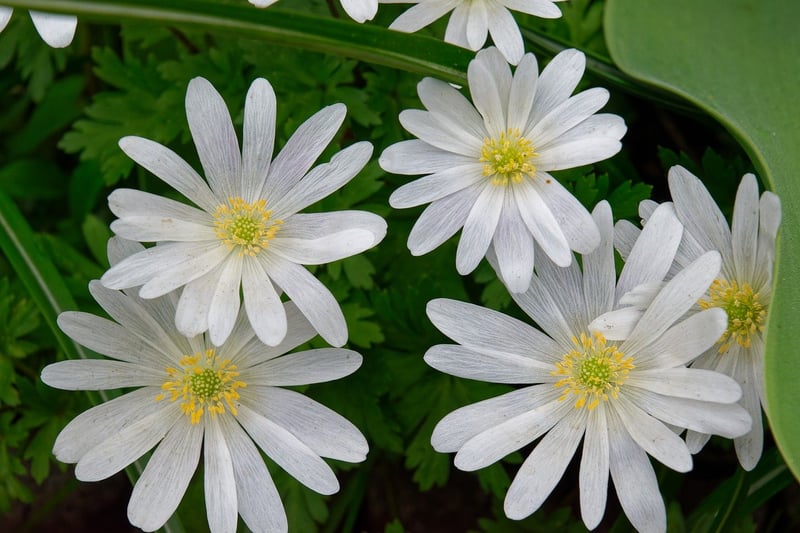Outdoor Gardens
Tips for Healthy Plants in Outdoor Gardens
Having a vibrant and thriving garden filled with healthy plants can be a rewarding and fulfilling experience. To help you achieve a green oasis, here are some essential tips for maintaining healthy plants in your outdoor garden:
1. Choose the Right Plants
Before you start planting, research the types of plants that thrive in your specific climate, soil type, and sunlight conditions. Selecting the right plants will set the foundation for a successful garden.
2. Provide Adequate Sunlight
Most plants require sunlight to photosynthesize and grow. Ensure your garden receives an adequate amount of sunlight each day based on the sunlight requirements of your plants.
3. Water Wisely
Water your plants deeply but infrequently to encourage deep root growth. Avoid overwatering, as it can lead to root rot and other diseases. Be mindful of the watering needs of each plant species.
4. Mulch for Moisture Retention
Applying a layer of organic mulch around your plants helps retain moisture in the soil, regulates soil temperature, suppresses weeds, and improves overall soil health.
5. Regular Pruning and Maintenance
Prune dead or diseased branches, deadhead flowers, and remove weeds regularly to promote plant growth and prevent the spread of diseases. Regular maintenance keeps your garden looking neat and healthy.
6. Fertilize Appropriately
Use organic fertilizers to provide essential nutrients to your plants. Follow the recommended application rates to avoid over-fertilization, which can harm your plants and the environment.
7. Monitor for Pests and Diseases
Keep an eye out for common garden pests and signs of diseases. Early detection allows for prompt intervention, minimizing damage to your plants.
8. Rotate Crops
If you have a vegetable garden, practice crop rotation to prevent soil depletion and reduce the risk of pests and diseases that target specific plant families.
9. Companion Planting
Explore companion planting to maximize space, enhance flavors, repel pests, and attract beneficial insects. Pairing compatible plants together can boost overall garden health.
10. Enjoy the Process
Gardening is a journey filled with learning experiences. Take the time to observe your plants, listen to their needs, and enjoy the beauty and tranquility of your outdoor garden.

By following these tips and incorporating them into your gardening routine, you can create a lush and healthy outdoor garden that brings joy and satisfaction for years to come.
Remember, each garden is unique, so don't be afraid to experiment and tailor your care practices to suit the specific needs of your plants and outdoor space.
